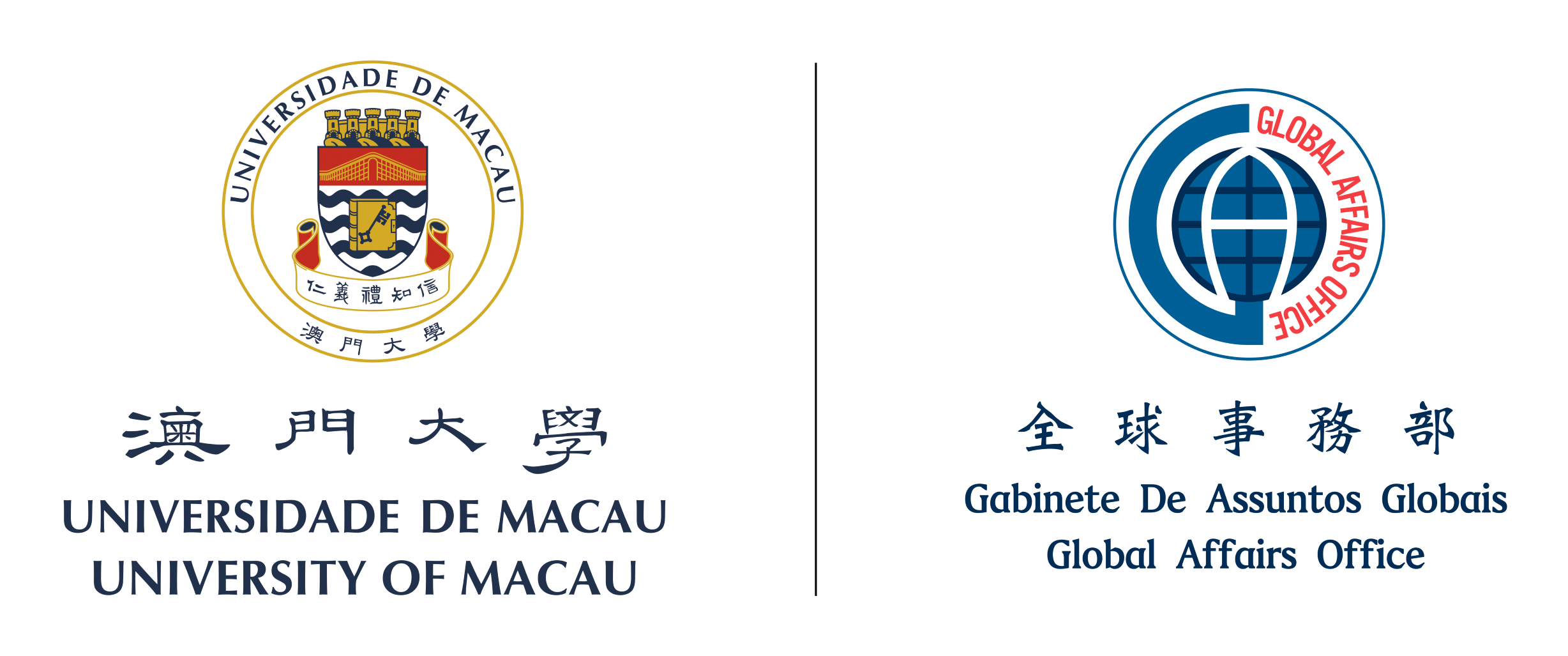To strengthen cooperation in talent training and research with higher education institutions in English and Portuguese-speaking countries and promote the development of the university’s internationalisation strategy, delegations from the University of Macau (UM) have recently visited a number of top universities in the UK and Brazil and explored opportunities for cooperation with experts and scholars in related fields.
A UM delegation, led by Lai Neng, dean of the Honours College (HC), Loi Chi Ho, associate dean of the Faculty of Business Administration, and Miao Li, head of the Department of Integrated Resort and Tourism Management, visited several top universities in the UK to discuss collaboration in student exchange and research. These universities include the University of Cambridge, Imperial College London, University of Bristol, University of Bath, University of Surrey, and Queen Mary University of London. The visit has not only deepened the understanding of UM’s development among UK universities, but also established academic collaborative initiatives with international characteristics and global competitiveness, which include academic activities in tourism management and financial technology, as well as executive programmes. The delegation members also met with HC students who are currently studying at the University of Bristol and Queen Mary University of London to learn about their experience with the HC Study Abroad Programme.
Another UM delegation, led by Hu Weixing, dean of the Faculty of Social Sciences, and Wang Ruibing, director of the Global Affairs Office, visited the world-renowned research-education institution and think-tank Fundação Getulio Vargas (FGV) and several top universities in Brazil. These universities include the University of São Paulo, State University of Campinas, Federal University of Rio de Janeiro, and Pontifical Catholic University of Rio de Janeiro. Representatives of UM and the Brazilian universities expressed their intention to establish closer cooperation, optimise and expand exchange programmes for students and faculty, promote collaboration in innovative research, build bilateral or multilateral cooperation platforms, and jointly hold academic conferences and other educational activities.






